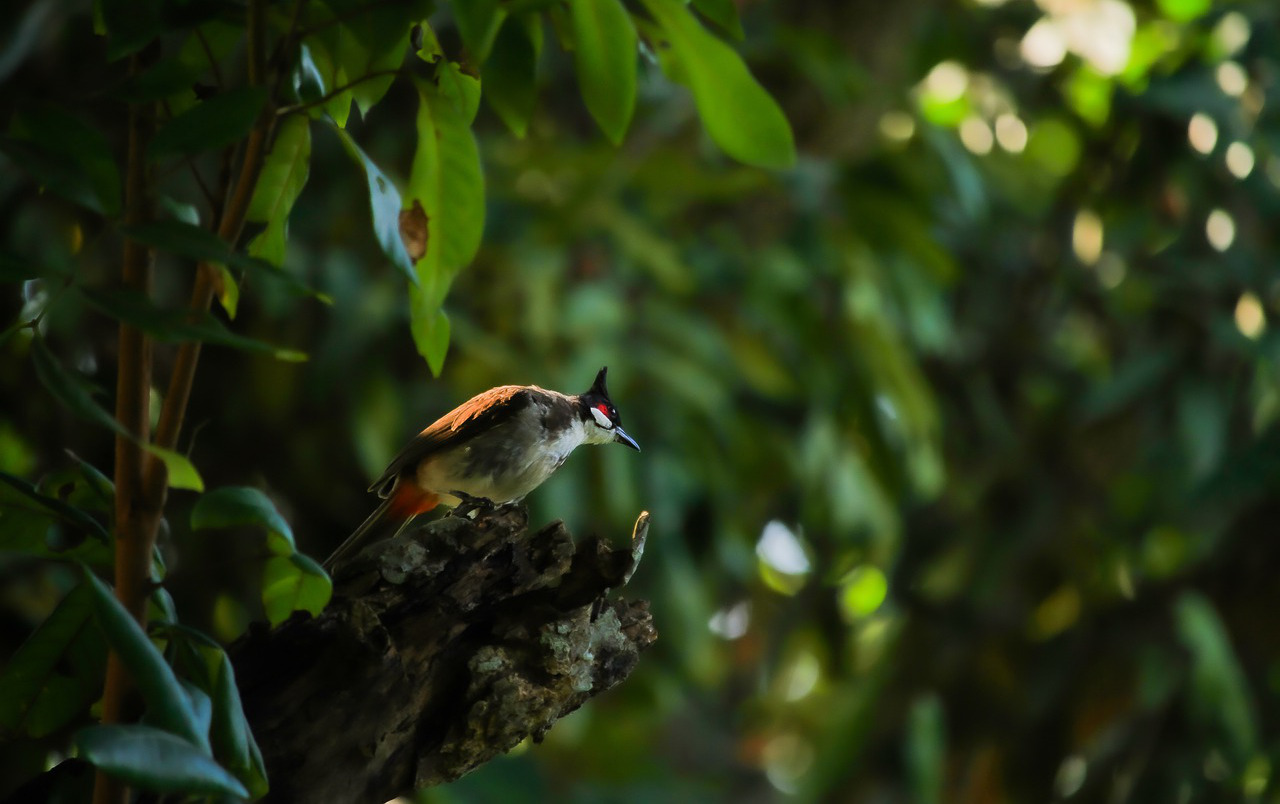
The research team explored the previously unanswered question of whether the global mobility of species can offset the ecological consequences of human-induced species loss. The oceanic islands were chosen because they have produced a high number of endemic bird species, i.e. species that are not native to any other region of the world, and at the same time many new bird species have established themselves there – thus it is possible to observe particularly well on these islands how the combination of species loss and establishment of new species has an effect.
In total, the team from the University of Bayreuth, together with research partners from Gothenburg, London and Oxford, has been able to obtain data on 1,302 bird species on nine archipelagos through studies of fossils and living animals. Of these, 265 species are now extinct, at least on these islands. 143 species have immigrated as originally alien species and gradually become native.
The different quantitative findings were now compared with the ecological functions of the bird species. These include, for example, the shape and length of the beak or the ability to fly. As a result, the mostly human-induced immigration of new bird species to replace extinct species is making the bird community on the sea islands less differentiated in functional terms. The original diversity of ecological functions is giving way to a trend toward standardization. Numerous functions that some of the now extinct species developed through adaptations to specific island conditions have been lost. They could not be replaced, or at best only partially, by new alien species.
The study was published in Science Advances.


